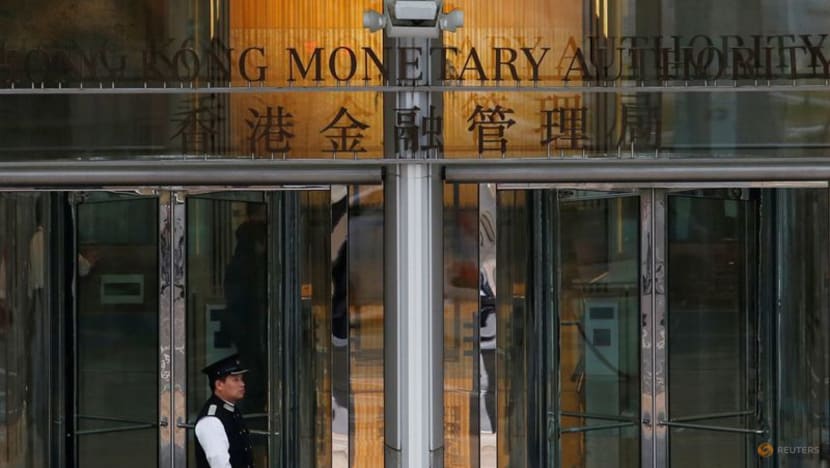Hong Kong stablecoin bill's client identity rules spark industry concern

An attendant walks outside the entrance to Hong Kong Monetary Authority in Hong Kong, China November 10, 2015. REUTERS/Bobby Yip/File Photo
HONG KONG :The strict customer identification rules mandated in Hong Kong’s new stablecoin law could hinder adoption of the digital currency and the city's competitiveness in global digital finance markets, sources from the industry said.
Hong Kong's long-awaited stablecoin ordinance took effect on August 1 and positions Hong Kong as one of the first markets globally to regulate fiat-backed stablecoin issuers, giving it an early-mover advantage that helps its bid to become a virtual asset hub.
But the finalized know-your-customer (KYC) rules which require issuers to verify the identity of every stablecoin holder go against the principles of secrecy and privacy in cryptocurrency markets and have caught the industry off guard, the sources said.
The de facto central bank, the Hong Kong Monetary Authority (HKMA), said such measures are essential for combating money laundering and terrorism financing as the regulator wants to take a more prudent approach at the initial stage.
Market participants warned that the level of scrutiny could discourage usage.
“This is a bit too strict and not good for acquiring users,” said Bo Tang, head and assistant director at HKUST Institute for Financial Research.
Tang said such rules could mean if a business is doing cross-border payments using Hong Kong-regulated stablecoins, the client - as a receiver of stablecoins - would need to open an account in Hong Kong just to pass KYC checks.
If stablecoin transactions become nearly fully real name-based, they lose most advantages over traditional payments such as efficiency and privacy, Tang said.
Stablecoins are a type of cryptocurrency designed to maintain a constant value and are usually pegged to a fiat currency such as the U.S. dollar.
Their underlying blockchain technology enables instant, borderless and round-the-clock transfer of funds at low cost, giving stablecoins the potential to disrupt traditional daily money moves and cross-border payment systems.
Some say Hong Kong's KYC rules are tougher than those in the U.S., where President Donald Trump signed the GENIUS Act in July, the country's first major crypto law with a focus on stablecoins.
“It’s not just KYC for those with accounts with the stablecoin issuer, it’s KYC for every stablecoin holder,” said Ricky Xie, a Hong Kong-based crypto trader, noting that many overseas users may opt out because of this.
Market watchers expect the high compliance bar could exclude a wide range of existing stablecoin users who rely on so-called unhosted wallets for trading, usually anonymous.
The main HKMA-regulated stablecoins users are likely to be mainland Chinese companies using them for cross-border money transfers, trade, payments and remittances, said Peter Brewin, PwC's digital assets Asia lead.
HKMA expects the first batch of Hong Kong stablecoin issuer licences will be granted early next year and emphasized that only "a handful" of licences will be granted.
HKUST's Tang said HKMA's tight regulation might be to contain the frenzy in Hong Kong among investors chasing the rally in companies with plans to invest in stablecoins and digital assets.
High-flying stablecoin concept stocks such as ZhongAn Online and Bright Smart Securities & Commodities gave back much of their gains after the stablecoin bill came into effect.













